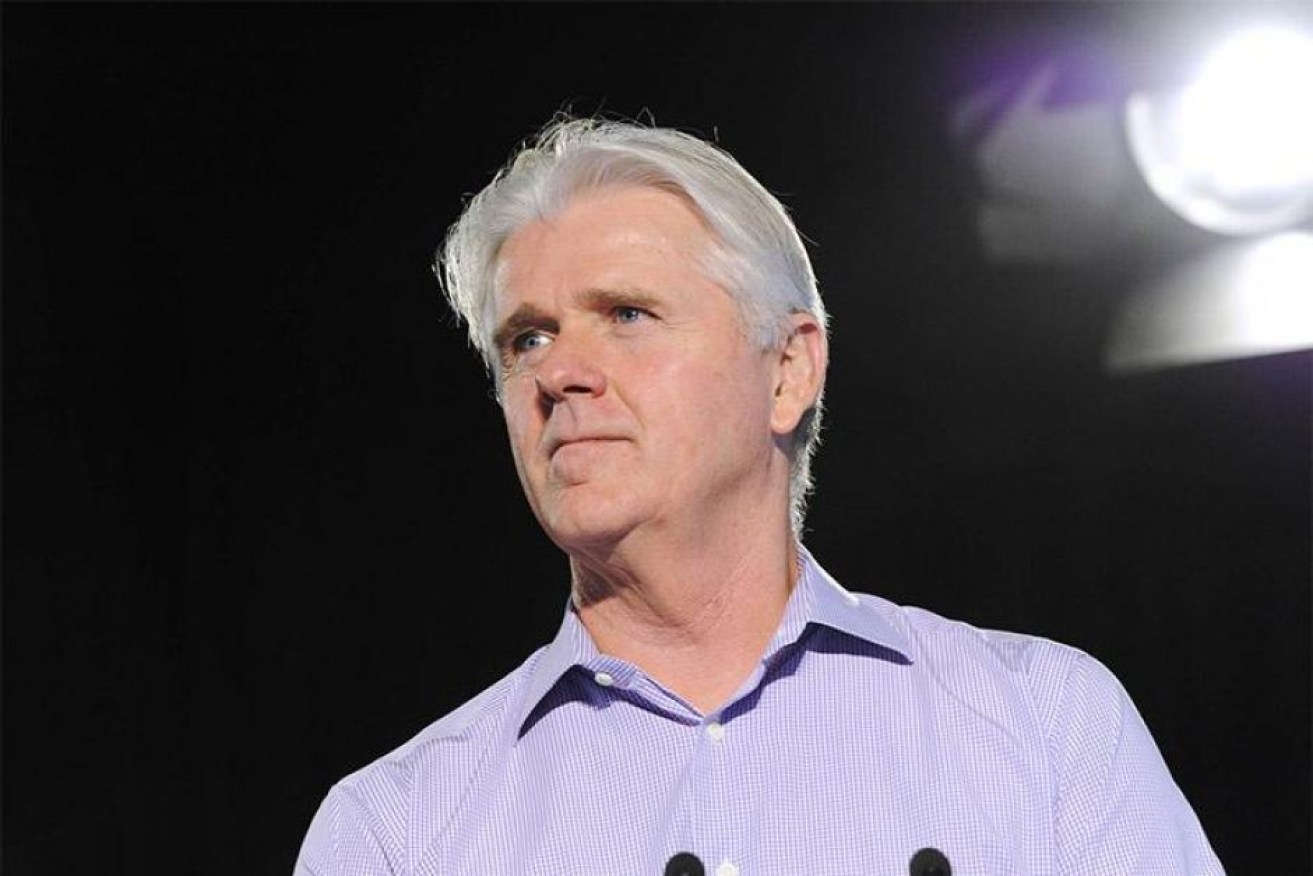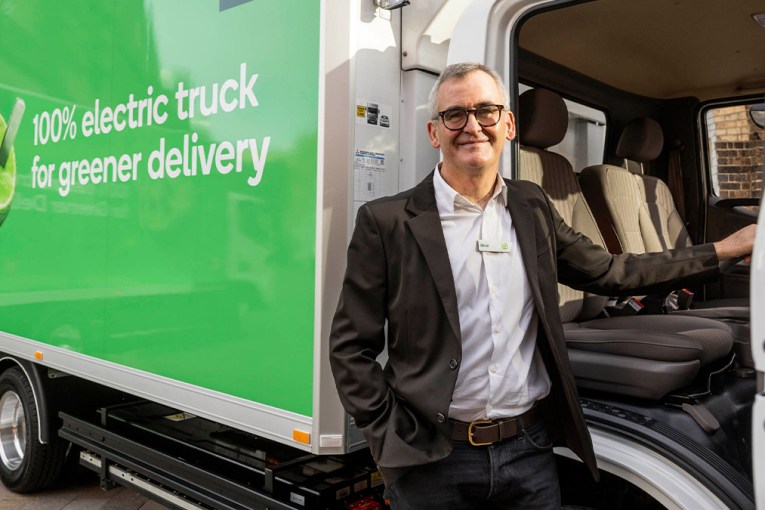NBN boss backflips on higher fees for rural users


NBN Co CEO Bill Morrow appeared to decide to reverse to policy on the spot.
Bill Morrow, the soon-to-depart chief executive of NBN Co, has made a confusing backtrack on a plan to charge regional customers $20 more a month than city customers, after the government opposed the plan.
The backtrack, announced during NBN Co’s annual results presentation on Thursday, came immediately after Communications Minister Mitch Fifield issued a statement saying the price hike would “not occur”.
The price hike was initially announced the evening before in a parliamentary joint standing committee.
The New Daily understands the sudden reversal on Thursday morning was a response to government pressure.
When pressed on the issue during Thursday’s Q&A, Mr Morrow at first said the price hike wasn’t a foregone conclusion, then vacillated, and finally appeared to decide on the spot to reverse the decision.
“Now I’ll tell you right now … that looking at the reaction behind this knowing that it wasn’t that pivotal – again it’s a consultation of asking the question – I’ll just take it off the table right now,” Mr Morrow said.
When pressed further, he said: “There is no $65 charge for a fixed wireless 50 meg. That was a consultation issue. It’s a minor point on there. It’s easy to just wipe off. So there is no difference in that price point for fixed wireless compared to fixed-line technologies.”
Mr Morrow, who will leave NBN Co at the end of the year, went on to give an impassioned defence of the ‘social’ purpose of the National Broadband Network, which he said was to make sure all Australians had access to quality internet regardless of where they lived.
He said the NBN model, under which users pay but profits are redistributed for social good, was unique in the world, and he urged other nations to imitate it.
“I worked in many different countries. And I can tell you that no one has the program that Australia has put together with NBN to close the digital divide, or at least narrow it, and offer a broadband service to everybody and not trying to make a big profit out of it,” he said.
“To me [this] is a social element that other countries should model and follow.”
While Mr Morrow did not make it explicit, the implication appeared to be that only a government-run project like the NBN could perform such a service, because private concerns motivated exclusively by profit would never have channeled money into unprofitable areas, such as satellite and affordable remote broadband.
Mr Morrow said this principle applied particularly to installing ‘Sky Muster’ broadband satellites in remote properties, which he said was necessarily unprofitable.
“Every new customer that we put on to the satellite is actually economically negative. It cost us money to get a truck out there to put a dish on the rooftop and we don’t get the return on that for a considerable amount of time,” he said.
“In fact, I’ll tell you satellite has no economic return. Those satellites are only geared to last up to 20 years and we’ll not recover enough money to pay for those satellites we put up into the sky but … the whole point behind NBN was to use the profit margins in the city centres with a high density, low cost to build to pay for the losses in the remote parts of the country.”
He said this dynamic made Australia “different from any other country in the world” because it used a “commercial user-pays model to close the gap and provide everybody with some level of high-speed digital access”.
Mr Morrow will leave NBN Co at the end of the year after four years at the helm. He joined during the tumultuous period when the then-newly elected Abbott government was radically changing the NBN rollout from fibre to the premises to fibre to the node.
Despite the criticism and controversy that came from this extremely disruptive overhaul, Mr Morrow insisted he did not regret taking on the role.
“I don’t have any regret. I don’t care about the criticism as long as you see that kind of benefit coming through for the nation,” he said.
“It’s just been a wonderful four years to be a part of that.”








